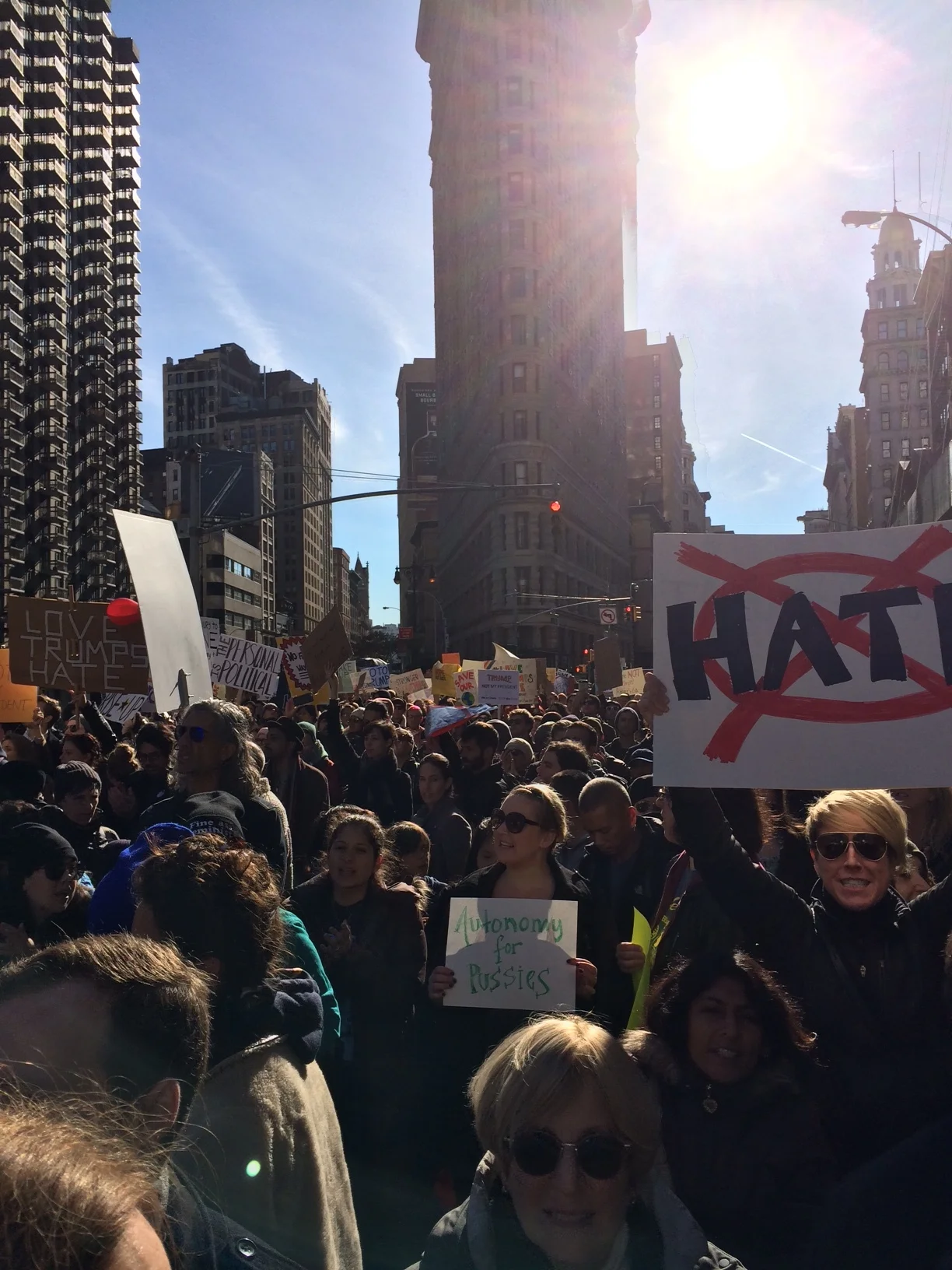What happens in your body when you think of wanting something very badly?
Give yourself a moment to really envision something you desire, and notice any changes through your breath and muscles.
Did you observe any kind of tightening, a sense of restriction, or shortening of your breath?
Wanting begins with needing, food and sleep, and connection with other human beings for example. As babies and toddlers, on an embodied level, needing and wanting may be expressed through crying and reaching out to grasp. The baby reaches for the mother’s breast, the bottle, as a plea to be picked up and held; later on we may cling tightly to our favorite toy.
However, the ways in which we express and aim to fulfill our desires may develop inefficiently. We may learn to reach out and attempt to grasp what we want both literally and figuratively in restrictive ways, or to try and deny our desires in full. This diminishes our connection to living in the flow that leads us toward more embodied freedom and the fulfillment of our desires in the first place.


